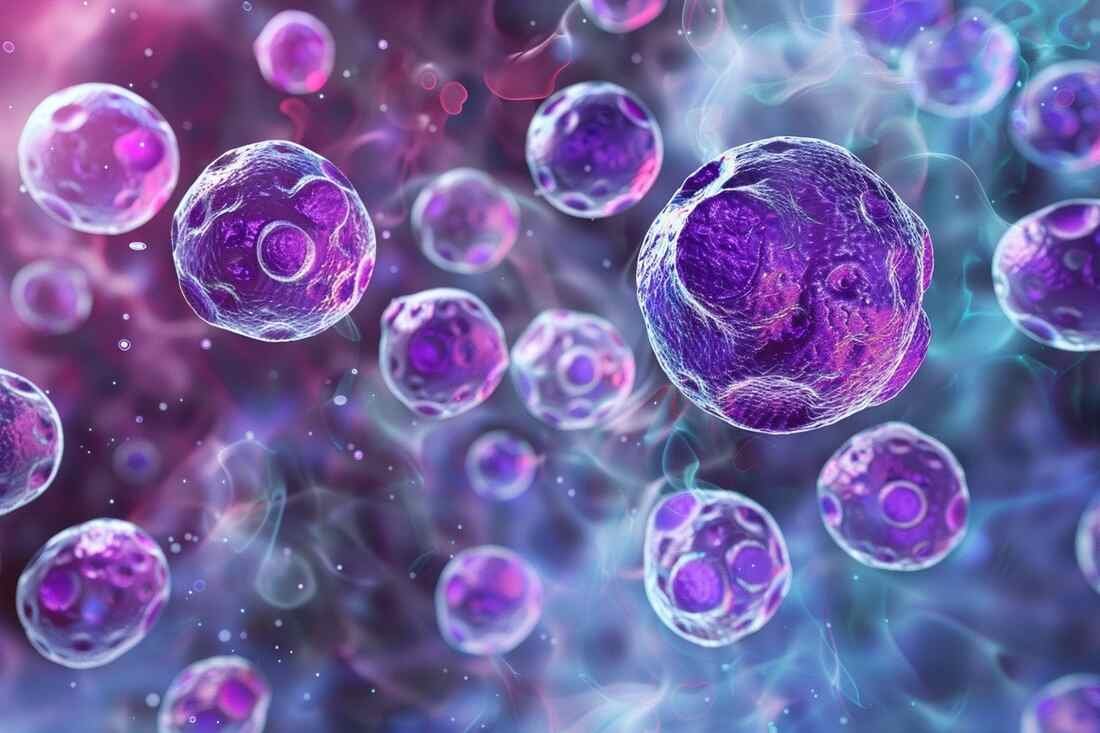Understanding Pelvic Cancers
Pelvic cancers refer to any type of cancer that affects the organs and tissues located in the pelvic region. This area includes the bladder, rectum, prostate gland (in men), and uterus, cervix, ovaries (in women). Pelvic cancers can affect both men and women, and early detection is crucial for effective treatment. In this article, we will discuss the different types of pelvic cancers, their symptoms, diagnosis, and treatment.
Types of Pelvic Cancers:
- Bladder cancer: This type of cancer affects the bladder, the organ that stores urine. Common symptoms include blood in the urine, frequent urination, and pain during urination.
- Rectal cancer: This type of cancer affects the rectum, the last part of the large intestine. Symptoms include bleeding from the rectum, changes in bowel habits, and abdominal pain.
- Prostate cancer: This type of cancer affects the prostate gland, which is part of the male reproductive system. Symptoms include difficulty urinating, blood in the semen, and pain in the lower back or hips.
- Uterine cancer: Uterine cancer, also known as endometrial cancer, is a type of cancer that develops in the lining of the uterus. This type of cancer affects the uterus, the organ that holds and nourishes a developing fetus during pregnancy. Symptoms include abnormal vaginal bleeding, pain during sex, and pelvic pain.
- Cervical cancer: This type of cancer affects the cervix, the lower part of the uterus that connects to the vagina. Symptoms include abnormal vaginal bleeding, pain during sex, and pelvic pain.
- Ovarian cancer: Ovarian cancer is a type of cancer that develops in the ovaries, which are the female reproductive organs that produce eggs. Ovarian cancer often goes undetected until it has spread to other parts of the body, making it difficult to treat. Symptoms include abdominal bloating, pelvic pain, and difficulty eating or feeling full quickly.
- Vulvar Cancer: Vulvar cancer is a type of cancer that develops in the vulva, which is the external part of the female genitalia. Symptoms of vulvar cancer may include itching, burning, and pain in the vulva area. There may also be changes in the skin, such as thickening or discoloration.
- Vaginal Cancer: Vaginal cancer is a rare type of cancer that develops in the vaginal lining. Symptoms of vaginal cancer may include vaginal bleeding or discharge, pain during sex, and a lump or mass in the vagina.
Symptoms of Pelvic Cancers:
The symptoms of pelvic cancers may vary depending on the type of cancer and its stage. However, common symptoms include:
- Abnormal vaginal bleeding or discharge
- Pain during sex
- Pelvic pain or pressure
- Difficulty urinating or having a bowel movement
- Changes in bowel habits or bladder function
- Abdominal bloating or swelling
- Fatigue or weakness
- Unexplained weight loss
- Diagnosis of Pelvic Cancers:
If you experience any of the symptoms mentioned above, you should see your doctor immediately. They will perform a physical examination and may order one or more of the following tests:
- Biopsy: A sample of tissue is removed from the affected area and examined under a microscope to look for cancer cells.
- Imaging tests: X-rays, CT scans, MRI, or PET scans can help doctors visualize the affected area and determine the size and location of the cancer.
- Blood tests: Certain blood tests can detect substances that are produced by cancer cells.
Treatment of Pelvic Cancers:
The treatment of pelvic cancers may involve one or more of the following methods:
- Surgery: The cancerous tissue is removed surgically.
- Radiation therapy: High-energy radiation is used to kill cancer cells.
- Chemotherapy: Medications are used to kill cancer cells.
- Hormone therapy: Certain medications are used to block the hormones that can stimulate the growth of some types of cancer cells.
- Targeted therapy: Medications are used to target specific molecules that are involved in the growth and spread of cancer cells.
In conclusion, pelvic cancers are a serious health concern that can affect both men and women. If you experience any symptoms that may be related to pelvic cancers, it is essential to see your doctor immediately. Early detection and treatment can improve your chances of successful recovery. Remember to maintain a healthy lifestyle and regular medical check-ups to reduce your risk of developing pelvic cancers.
Information: Cleverly Smart is not a substitute for a doctor. Always consult a doctor to treat your health condition.


